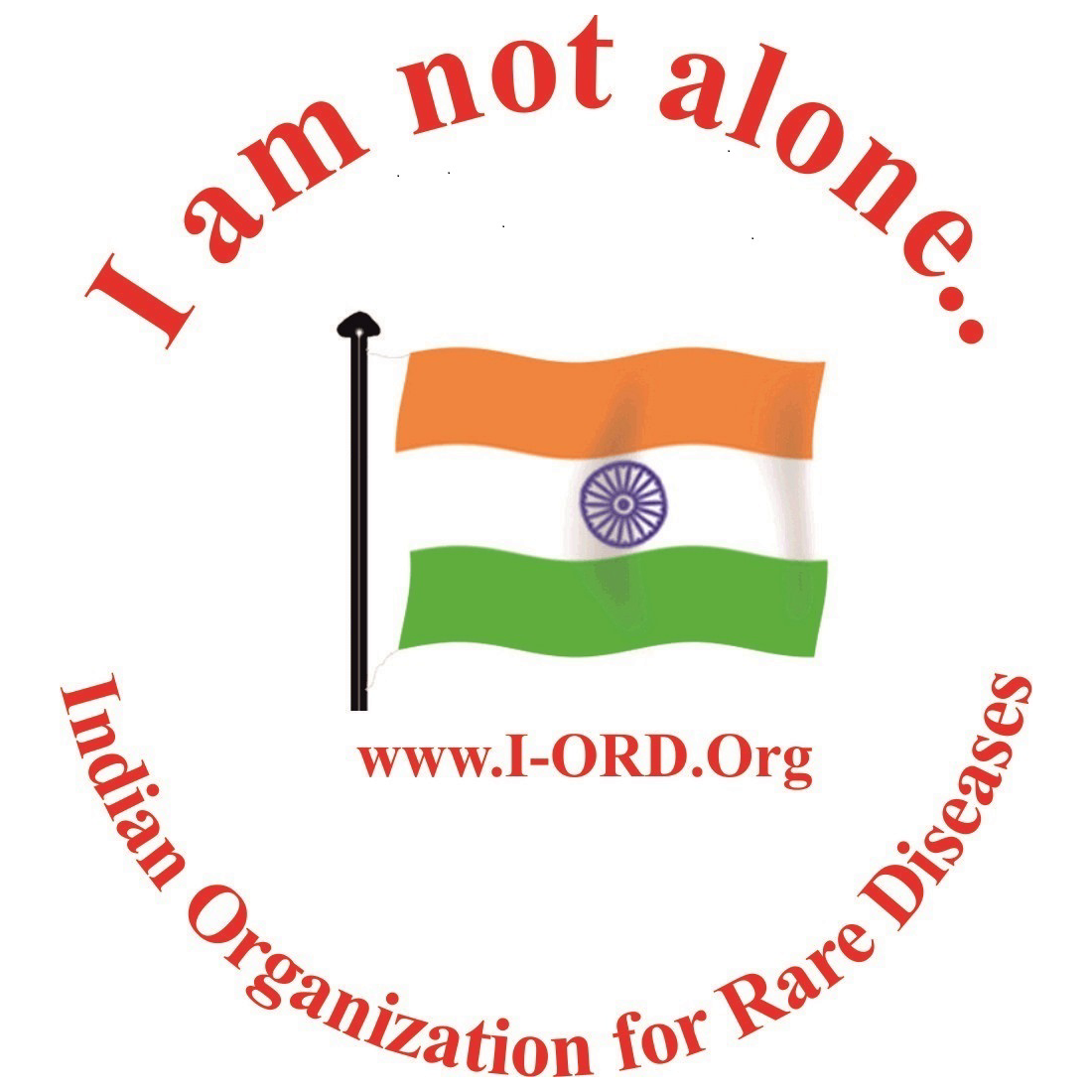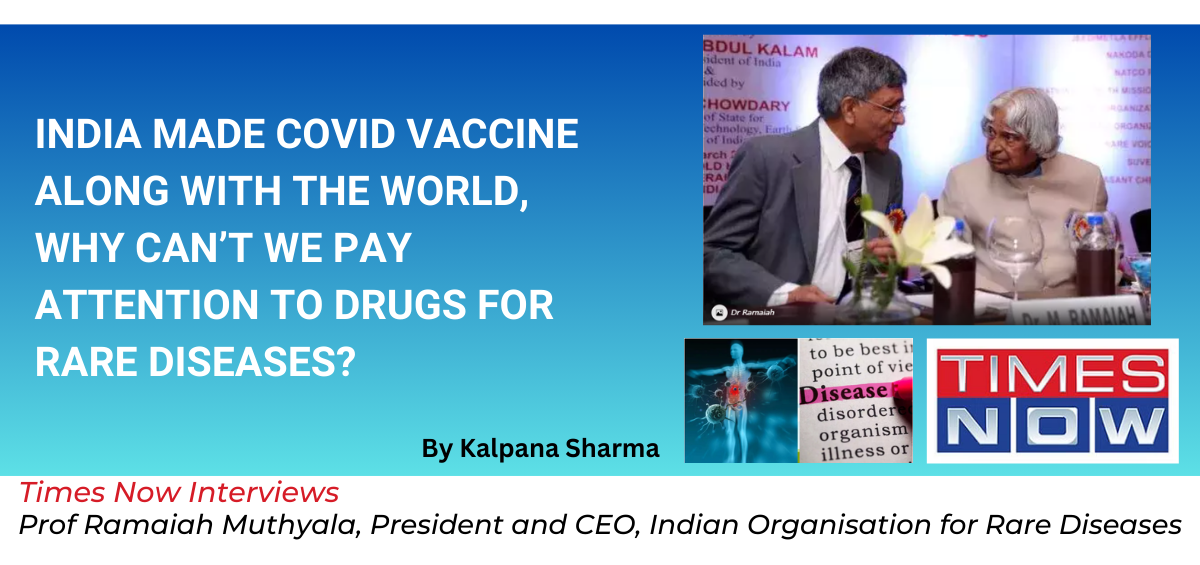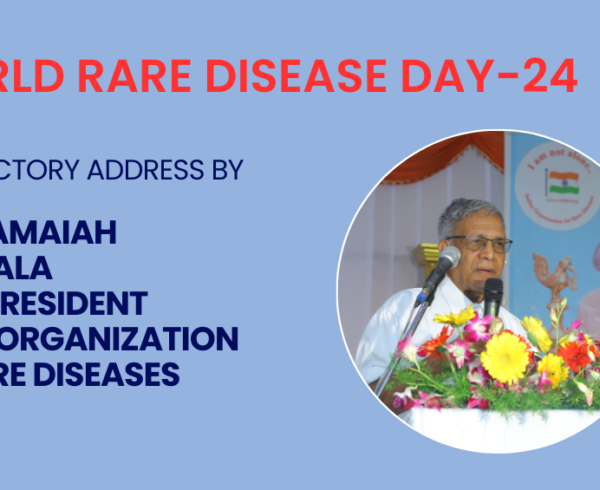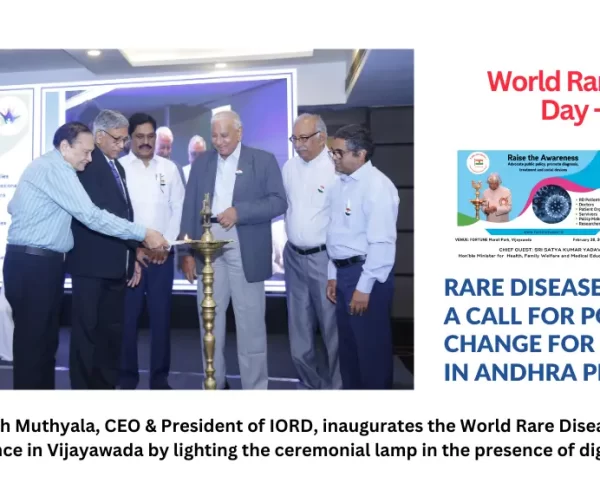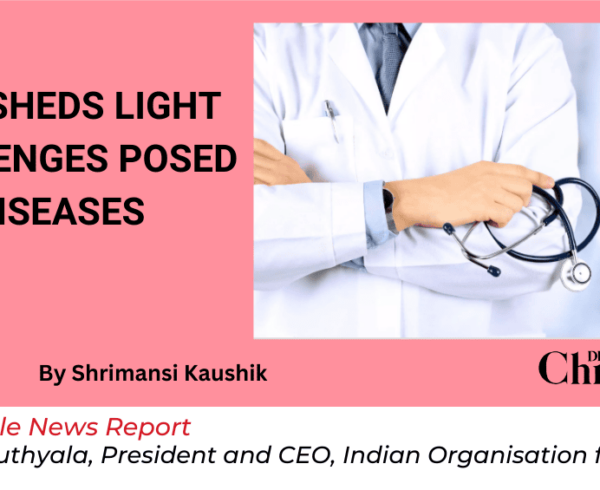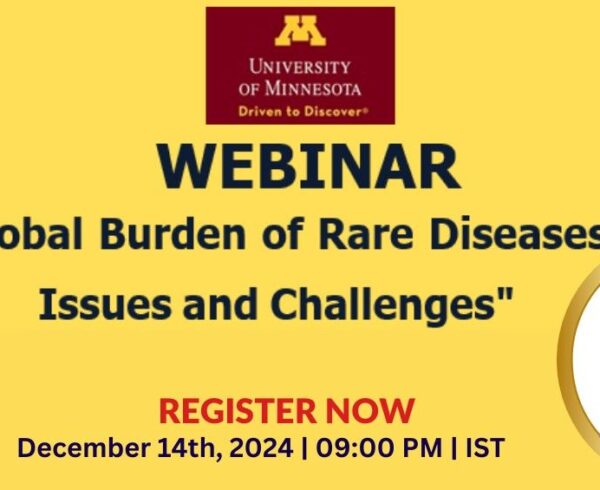The following excerpt is from a Times Now news story dated July 4, 2024, highlighting the challenges in addressing the unavailability of orphan drugs in India, despite the country’s successful development of COVID vaccines. It features insights from Prof. Ramaiah Muthyala, CEO & President of IORD.
Dr Ramaiah Muthyala questions why despite being the pharmacy bowl of the world, India cannot manufacture drugs for rare diseases inhouse.
Yesterday, as Sudha Murty took centerstage at Parliament urging for a vaccination programme to combat cervical cancer, I was sitting with Dr. Ramaiah Muthyala, President of Indian Organisation of Rare Diseases who has been struggling to get his voice heard for the past several years. Having spent the past several weeks facing bureaucratic hurdles and chasing down Asha workers near his hometown to gather data on rare diseases in India, he was in Delhi for just a day, with an evening flight to catch back home. But he was determined to seek every opportunity to gather attention to his cause.
“President A.P.J Abdul Kalam was the only one who understood and supported our cause back in 2015. He spoke at our conference for the need for more research and understanding of rare diseases in India but because the numbers are low, we still do not consider rare diseases as a public health issue,” he shares catching his breath.
“We are not doing enough in the field of rare diseases.” Dr Ramaiah showed me a photo of a young rural boy standing next to his mother, his face covered in lesions. With a disturbed expression, he tells me, “Madam, his peers don’t want to play with him, they don’t want to sit with him. He will live with this stigma until his last breath because he cannot get treatment.”
Why are rare diseases not taken seriously?
“In India, 5% of the population suffers from rare diseases, none of which have cures, only treatments. Public health data on rare diseases is lacking. When I asked public health officials about this, their response was often dismissive. They tell me it is a very small number. However, even a small percentage represents a significant number of people in a country as large as India. We need better data and more awareness to address this issue effectively, he further adds. The problem is till the time someone in authority is personally affected, they may not see this as a problem.
Dr Ramaiah has been desperately trying to draw the attention of policymakers to the preventable and treatable aspects of these often-neglected conditions. He complains that wherever he goes for help, everyone asks for data. “I tell them I can only bring a sample. I personally took it upon myself to collect data for 160,000 people but still there is no clear help in sight.”
“I haven’t encountered many doctors, especially not MBBS doctors, who have treated patients with rare diseases. When I asked them about their experience with such cases, even with doctors with over 40 to 50 years of practice, the answer was usually zero to one patient. This highlights the lack of awareness about rare diseases.
However, simply complaining won’t change anything, so I decided to take action. I approached medical colleges in Telangana and Andhra Pradesh, not top-tier institutions like AIIMS, but government medical colleges. I offered to provide first-year MBBS students with basic knowledge about rare diseases. I requested just two hours of their time, offering my expertise and time for free. Unfortunately, I was told, “Sir, we don’t have time for those things.”
He mentions that government has announced some policy but then what do we do with it unless it becomes an act. “Today we have more than 12 Center for Excellences for Research but there is no work being done on this. They state in the newspapers that they have allotted some 300, 400 crores for research but nobody knows to whom it was given and who is spending the money.”
The cost of medicines for rare diseases:
Despite being known as the pharmacy bowl of the world, India does not provide medicines to our own people, instead, they are exported. This has led to the common misconception that medicines for rare diseases are beyond one’s reach, that’s how expensive they are perceived to be. In reality, only 1% are costly. Many can be made in India at a reduced cost, but until those in authority see this as a pressing issue, nothing will change.”
Another problem is that these 99% drugs I’m talking about, they are already manufactured in India but they are being exported, not being sold. Why? Now, here is another tragedy. These APIs, meaning pure drugs, they go outside and they come back into our country as a tablet, injection. We have to get an import license for it and the price automatically goes up. Hence, our patients cannot afford it. Why can’t we reduce that? Why can’t we do something about it?
Delay in diagnosis of rare diseases:
Diagnosing rare diseases can take years, if it happens at all. Some patients never receive a diagnosis, but it’s evident they have a rare medical condition. Do we really need a name to help these patients? I don’t think so. Even without a name, we can provide help. It’s true that even if we identify the disease, there might be no medicine or cure available. However, this doesn’t mean we should not extend help just because the condition remains unnamed. There are simple measures we can take to support these patients.
Regarding health insurance in India, rare diseases are generally not covered. While recent programs from the Prime Minister’s office mention some diseases, they don’t specifically address rare diseases. There’s no dedicated insurance coverage for rare diseases, either private or public. I approached the National Health Mission to include rare disease patients in their insurance programs. Initially, my request was dismissed, but I believe it’s worth pursuing.This situation deeply concerns me.
I am an Indian. I have studied and educated outside and living outside the country, but still this is my country where I was born. Another thing is that I was here for 25 years of my first life. I got educated very well. I left. Now, if you and I, everybody leaves after education, what is left here? Here is something that really hurts me. I am told, they can’t do anything because I am an NRI. But you want money from NRI. PM Modi says that bring the investment from NRI but when I provide the service, I am told I am an NRI.
Source: Times Now
